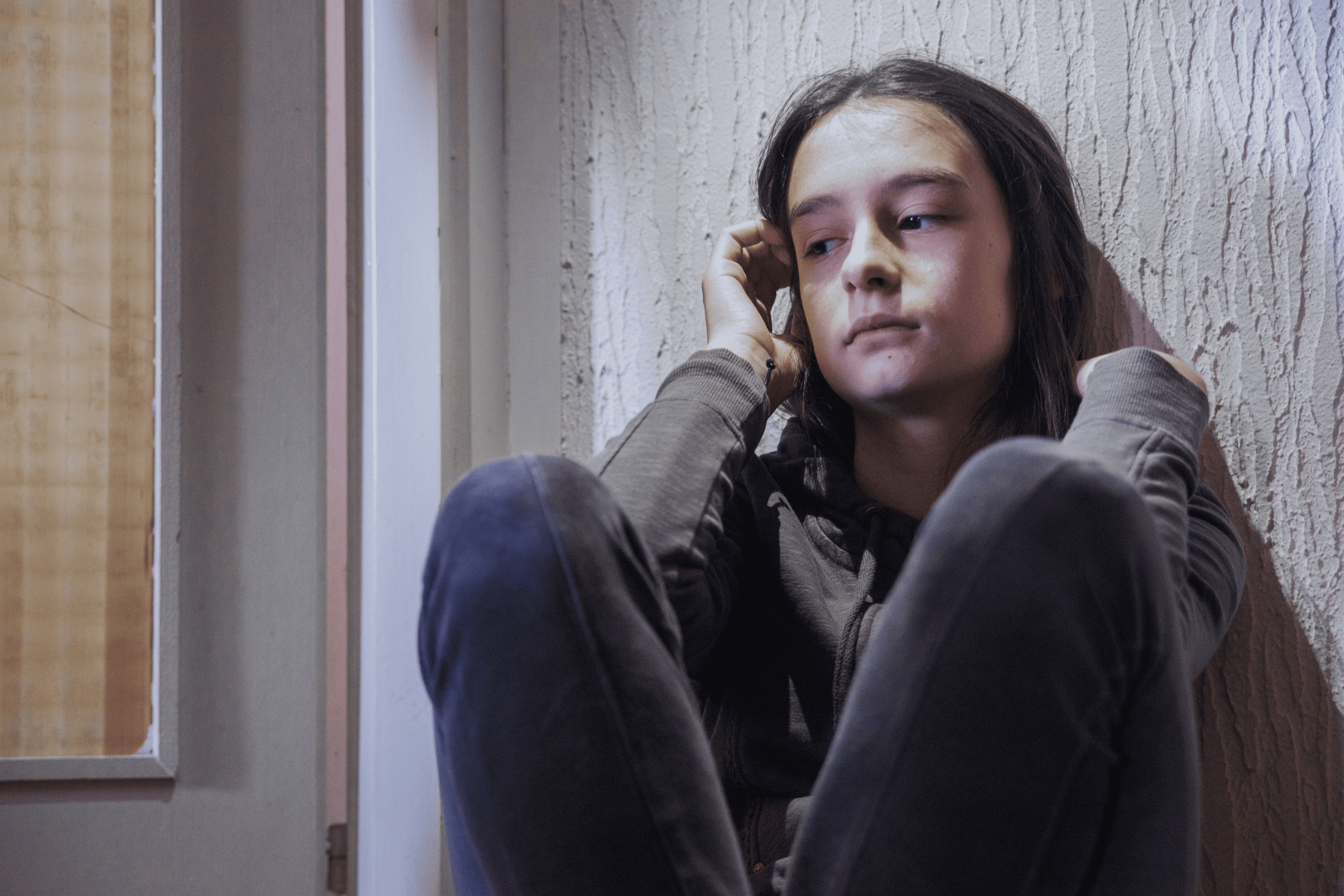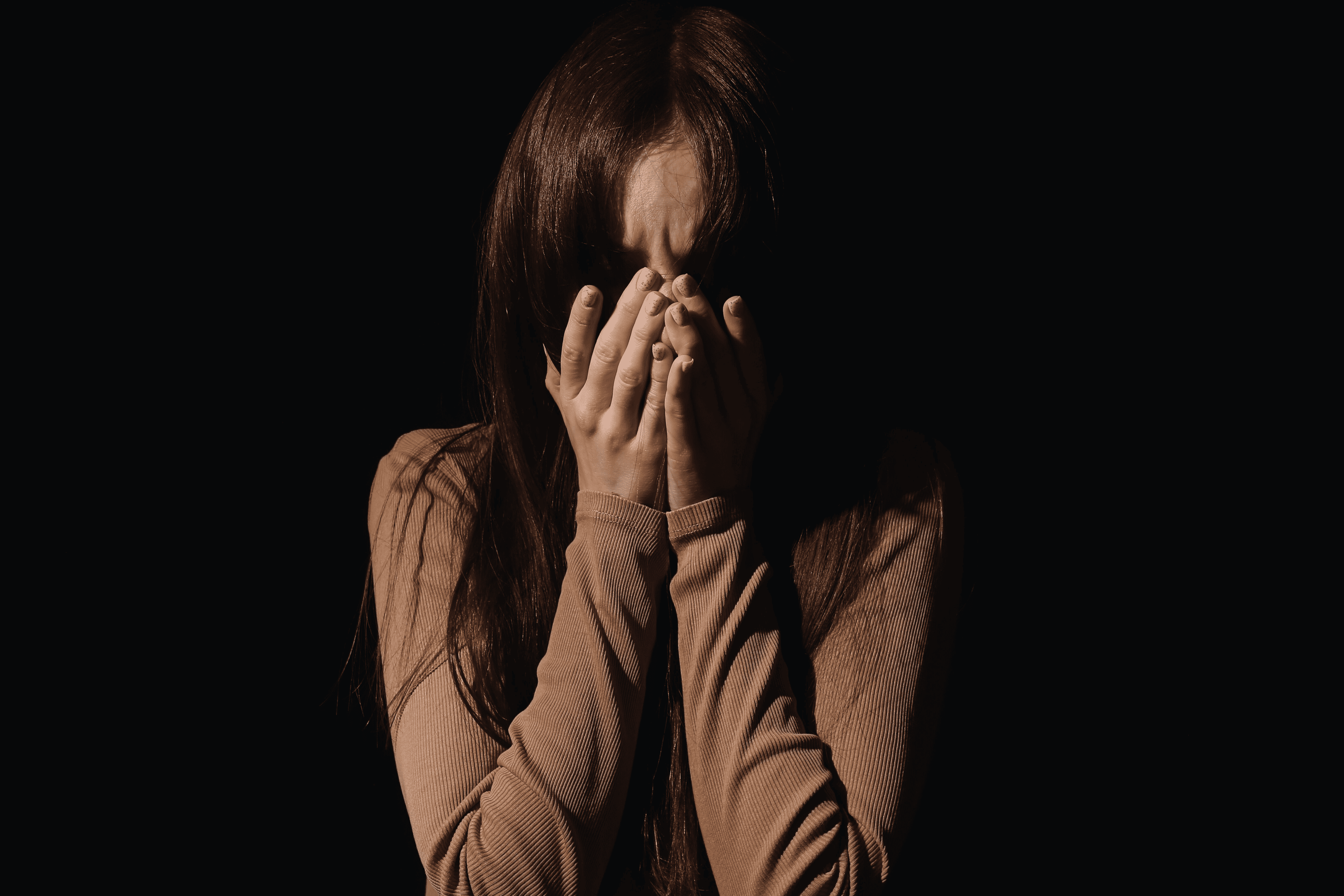What is Post-Traumatic Stress Disorder?
Post-Traumatic Stress Disorder (PTSD) is a mental health condition that can develop in individuals who have experienced traumatic events. These events can range from single, highly distressing incidents like car crashes or natural disasters to ongoing, traumatic experiences such as physical abuse, sexual abuse, or exposure to violence, including school shootings.
PTSD symptoms can manifest in various ways, including re-experiencing the traumatic event, such as flashbacks or nightmares, and avoiding situations or places that remind them of the event.
People with PTSD often find themselves reliving the traumatic event in different ways. This can include distressing and intrusive memories, nightmares, or flashbacks where they feel as if the traumatic event is happening again. These re-experiencing symptoms can be triggered by anything that reminds the individual of the traumatic event.
To cope with the emotional pain, individuals with PTSD may start avoiding situations, places, or even people that remind them of the traumatic event. They may become emotionally numb, experiencing difficulty in engaging with their feelings, and may even isolate themselves from friends and family.
PTSD can lead to heightened states of arousal, which can result in difficulty sleeping, irritability, difficulty concentrating, and an exaggerated startle response. Individuals may constantly feel on edge as if they are in danger.
People with PTSD often undergo significant changes in their thoughts and mood. They may experience feelings of guilt, shame, or blame themselves for the event. They might lose interest in activities they once enjoyed and have difficulty maintaining relationships. In severe cases, these symptoms can lead to the development of depression.
PTSD Triggers

PTSD triggers are stimuli or situations that can bring about the re-experiencing symptoms and emotional distress associated with Post-Traumatic Stress Disorder (PTSD). These triggers are closely linked to the traumatic event or events that initially led to the development of PTSD. Common triggers include:
Traumatic Events: These are the root cause of PTSD. Events such as natural disasters, car crashes, sexual abuse, physical abuse, or violent personal attacks can serve as primary triggers.
Reminders of Trauma: Anything that reminds an individual of the traumatic event can trigger PTSD symptoms. This might include sights, sounds, or even specific smells associated with the traumatic experience.
Stressful Situations: High-stress situations can exacerbate PTSD symptoms. For example, a person who developed PTSD after a car crash may experience heightened symptoms when faced with a stressful driving situation.
Traumatic Memories: Memories of a traumatic event can be powerful triggers. Flashbacks, nightmares, or intrusive memories can resurface when the individual’s mind revisits the event.
Reactions of Others: The reactions of family members, close friends, or other adults can also be triggers. A lack of understanding or support can rekindle feelings of isolation and distress.
Depression and Suicidal Thoughts: The negative changes in thoughts and mood associated with PTSD can act as triggers themselves, as they intensify feelings of hopelessness and despair.
PTSD triggers are stimuli or situations that can bring about the re-experiencing symptoms and emotional distress associated with Post-Traumatic Stress Disorder (PTSD). These triggers are closely linked to the traumatic event or events that initially led to the development of PTSD. Common triggers include:
Traumatic Events: These are the root cause of PTSD. Events such as natural disasters, car crashes, sexual abuse, physical abuse, or violent personal attacks can serve as primary triggers.
Reminders of Trauma: Anything that reminds an individual of the traumatic event can trigger PTSD symptoms. This might include sights, sounds, or even specific smells associated with the traumatic experience.
Stressful Situations: High-stress situations can exacerbate PTSD symptoms. For example, a person who developed PTSD after a car crash may experience heightened symptoms when faced with a stressful driving situation.
Traumatic Memories: Memories of a traumatic event can be powerful triggers. Flashbacks, nightmares, or intrusive memories can resurface when the individual’s mind revisits the event.
Reactions of Others: The reactions of family members, close friends, or other adults can also be triggers. A lack of understanding or support can rekindle feelings of isolation and distress.
Depression and Suicidal Thoughts: The negative changes in thoughts and mood associated with PTSD can act as triggers themselves, as they intensify feelings of hopelessness and despair.
Helping your teen after a traumatic event is of utmost importance, as it can have a profound impact on their emotional well-being and long-term mental health. Adolescents are particularly vulnerable to the effects of trauma, so it’s essential to provide them with the support and guidance they need.
How PTSD in Teens is Treated

Helping your teen after a traumatic event is of utmost importance, as it can have a profound impact on their emotional well-being and long-term mental health. Adolescents are particularly vulnerable to the effects of trauma, so it’s essential to provide them with the support and guidance they need.
How PTSD in Teens is Treated

Treatment for PTSD in teens is not one-size-fits-all. It’s tailored to the individual’s specific needs and experiences. The goal is to help the teen regain a sense of control, manage their symptoms, and work towards recovery and resilience.
Therapy: Therapy is a cornerstone of PTSD treatment for teenagers. Cognitive-behavioral therapy (CBT) is often employed, focusing on identifying and challenging negative thought patterns and behaviors.
Exposure therapy can help teens confront and process their traumatic memories in a controlled and safe environment.
Teens also benefit from talk therapy, where they can discuss their experiences and feelings with a trained therapist. This helps them understand and manage their emotions and reactions.
Medication: In some cases, medication may be prescribed, particularly if the teen is struggling with severe symptoms such as depression or severe anxiety. Medication is typically used in conjunction with therapy.
Support from Family: A strong support network, including family and close friends, plays a crucial role in the teen’s recovery. Understanding and empathy from loved ones can significantly aid in the healing process.
Coping Skills: Teens are taught healthy coping mechanisms to manage their stress and anxiety. These skills can include relaxation techniques, mindfulness, and breathing exercises.
Education: Educating both the teen and their family about PTSD, its symptoms, and the recovery process is essential. This understanding can help everyone involved provide effective support.
Peer Support: Encourage the teen to connect with others who have experienced similar trauma. Support groups or peer interactions can provide a sense of belonging and understanding.
Other Common Mental Health Conditions After a Traumatic Event
Depression

Trauma can lead to overwhelming feelings of sadness, hopelessness, and a loss of interest in activities. Symptoms of depression, such as persistent low mood, changes in appetite and sleep patterns, and a lack of energy, may develop.
Anxiety Disorders

Generalized Anxiety Disorder, Panic Disorder, and Social Anxiety Disorder can become more pronounced after a traumatic situation. Anxiety symptoms often include excessive worry, restlessness, and physical symptoms like heart palpitations and sweating.
Substance Abuse

Some individuals turn to substances like drugs or alcohol as a way to cope with the emotional pain and distress caused by trauma. Substance abuse can lead to addiction and worsen mental health issues.
Dissociative Disorders

Trauma can lead to a disconnection from reality or one’s own identity. Dissociative disorders, such as Dissociative Identity Disorder or Depersonalization Disorder, may develop in response to severe trauma.
Eating Disorders

Trauma can sometimes lead to the development or exacerbation of eating disorders like Anorexia Nervosa, Bulimia Nervosa, or Binge-Eating Disorder. These conditions often serve as a means of coping or regaining a sense of control.
Self-Harm and Suicidal Thoughts

The emotional pain caused by trauma can sometimes lead to self-harming behaviors or suicidal thoughts. These are urgent concerns that require immediate professional help.
Overcoming the Impact of Traumatic Events with Zenith Behavioral Health
At Zenith Behavioral Health, we are dedicated to supporting individuals in overcoming the profound impact of a traumatic event. Our approach integrates evidence-based treatments with compassionate care, creating a nurturing environment for those seeking healing.
Healing from trauma often requires a safe and supportive environment. Our compassionate and professional team creates a space where children can express their feelings, work through their experiences, and build resilience. We empower individuals by providing education about their mental health conditions, coping strategies, and a better understanding of their experiences. Knowledge is a powerful tool on the road to recovery.
At Zenith Behavioral Health, we understand that navigating is a challenging journey, but with the right support and resources, it is possible. Our approach, combining therapeutic expertise with compassion, can make a significant difference in helping individuals regain control over their lives and find a path toward healing and resilience. Contact us today to discuss treatment and support for both you and your child.

